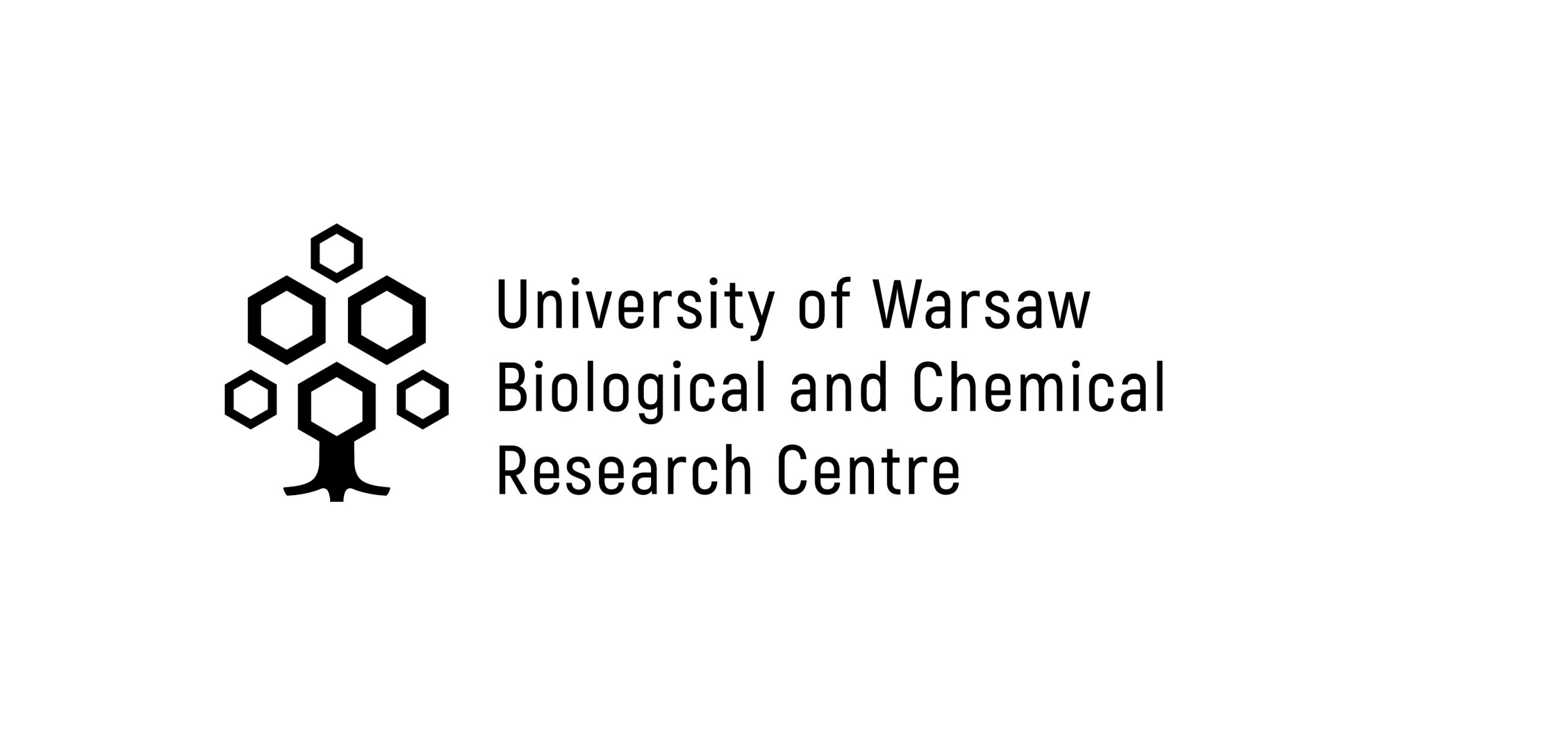Wetland Ecology Research Group
Description of the Group
We investigate mires and riverine environments – especially in the context of biodiversity conservation and restoration of wetland ecosystem services (climate regulation, water purification) lost due to wetland drainage. We apply methods of vegetation science, ecosystem ecology, biogeochemistry, and paleoecology. We also engage in the public debate regarding nature conservation and climate policies and in conservation practice through a collaboration with non-governmental organisations.
Though our research we demonstrate the importance of wetlands for climate regulation, water purification, and biodiversity – publishing in such journals as Biological Conservation, Applied Vegetation Science, PLOS One, Wetlands, as well as Nature. Protection of every single mire and every river valley from degradation are the most rewarding achievements for us. We also think to have contributed to placing wetland conservation in the general public discourse.
Research Activities
Wetlands are among the most rapidly declining ecosystems of the Earth, along with them numerous wetland species vanish at high rates. At the same time, wetlands play an exceptionally important role in biosphere functioning, including cycling of water and nutrients (controlling their transfer from land to inland waters and oceans), carbon sequestration and regulation of the global and local climate. These ecosystem services have been largely lost due to drainage of wetlands and they can only be re-gained by large-scale ecological restoration projects. Our research group, as a part of the Department of Plant Ecology and Environmental Conservation of the Biology Faculty, UW, seeks to understand the functioning of wetlands and causes, mechanisms and consequences of their degradation. Wetland conservation biology and restoration ecology are also in the centre of our interests. Among wetland types, we focus on mires (living peatlands) and rivers – understood as systems functionally connected with their surroundings, i.e. catchments, river valleys and floodplains. We mainly us the methodological framework of vegetation science but also apply techniques and concepts from fields of biogeochemistry, landscape ecology, paleoecology, as well as social and economic sciences. In order to combine our research with practice and environmental education, we closely collaborate with the society Wetlands Conservation Centre, as well as international organisation – International Mire Conservation Group and Wetlands International. We welcome co-operation with all those who are concerned about the state of nature.
Research interests:
- Wetland conservation and restoration ecology
- Wetland ecosystem services
- Peatlands as regulators of global climate
- Ecological basis for conservation and restoration of river valleys
- Ecological restoration of damaged wetland ecosystems.
Offer
- Planning of wetland buffer zones construction and assessment of their functioning
- Monitoring vegetation, hydrology and biogeochemistry of wetlands
- Monitoring of protected species and habitats
- Evaluating effects of conservation measures in wetlands
- Reviewing strategies and programmes in the field of water management.
Team Leader
Expert in wetland ecology, graduated of University of Warsaw, obtained his Ph.D. at the University of Groningen, the Netherlands, and habilitation at the University of Warsaw. In 2005-2006, he worked as a post-doctoral fellow at the University of Antwerp, Belgium. Author and co-author of numerous original works and book chapters in the field of ecology, conservation and restoration of fen mires. Next to science, Wiktor Kotowski also dedicates much time to education and conservation practice in Poland, as well as internationally. Board member, and in 2001-2011 chairman, of Wetland Conservation Centre, currently also board member of International Mire Conservation Group and Wetlands International-European Association.
